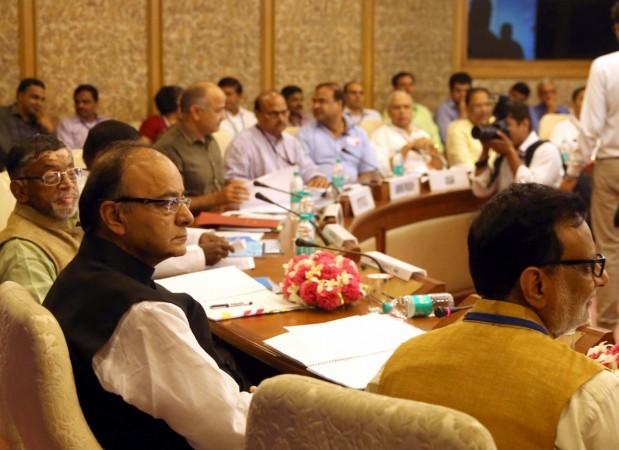
The Goods and Services Tax (GST) Council will be holding its 13th meeting in New Delhi on Friday to review the progress made till date and the action plan for the planned rollout from July 1. While issues such as composition, valuation, input tax credit and transition are on the agenda, the most crucial aspect — fitment of goods and services to the four tax slabs — is unlikely to be announced at the meeting.
The Council has already finalised four other features — refunds, registration, invoices, payments and processes.
"This (GST rollout) is now the last lap of discussions. Once the rules are finalised, the committee of officials will work on the fitment of commodities," the Business Line quoted an official as saying.
The four slabs are: 5, 12, 18 and 28 percent. Essential items of consumption will be exempt from GST, items of mass consumption are likely to be taxed at 5 percent and many commodities and services are expected to be fit in one of the next two rates.
The highest slab of 28 percent is likely to be imposed on items such as tobacco, cigarette, pan masala, aerated drinks and luxury cars. Besides, these items are also likely to attract a cess of up to 15 percent, taking the effective rate to as high as 43 percent. The cess will be used to compensate states that are at an disadvantageous position due to the GST regime.
The GST Council capped the cess on cigarettes at Rs 4,170 per 1,000 sticks or 290 percent ad valorem at its 12th meeting on March 16. The cess cap on pan masala was fixed at 135 percent ad valorem and on coal it will be Rs 400 per tonne.
It may be recalled that the Lok Sabha passed the four Bills — CGST, IGST, UGST and Compensation Law — on Wednesday; it's now for the respective States to approve the State GST (SGST).
Potable alcohol, petroleum products, real estate are currently out of the purview of the GST regime.
















